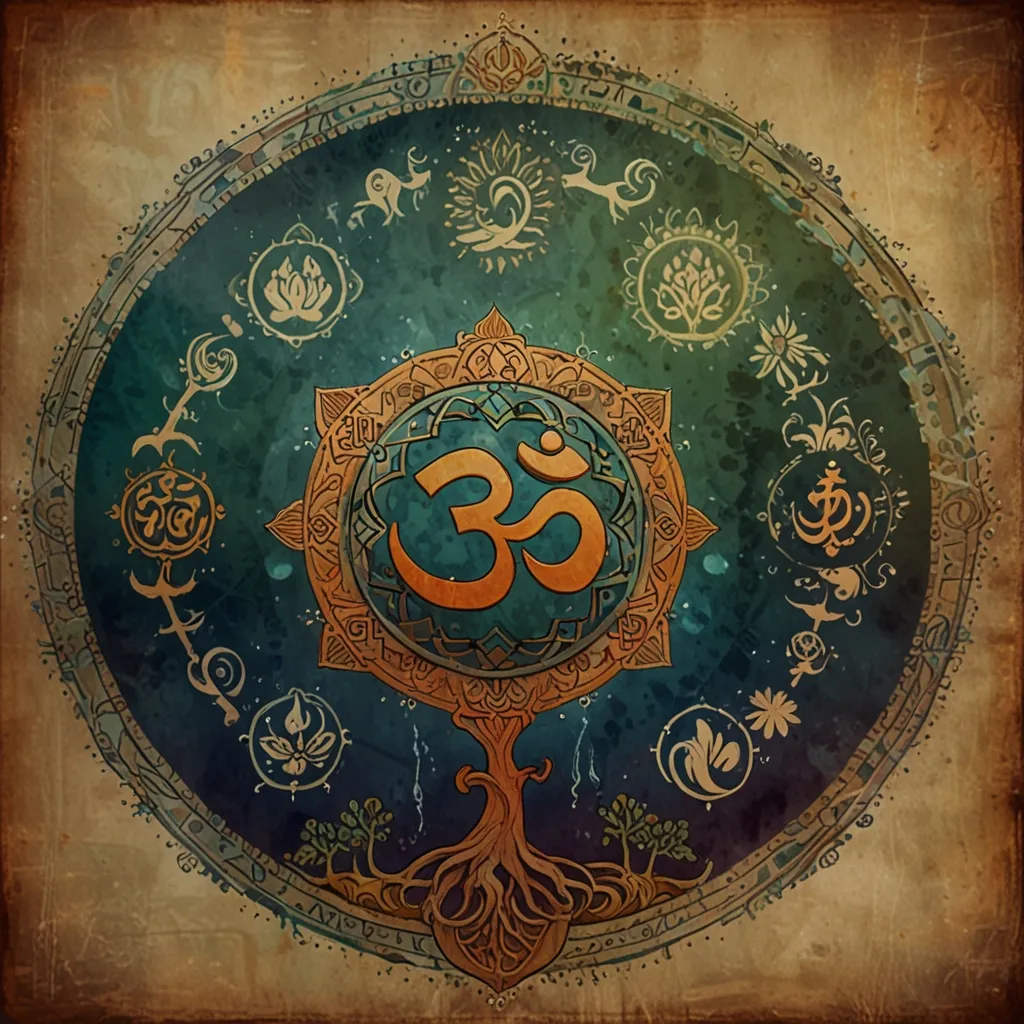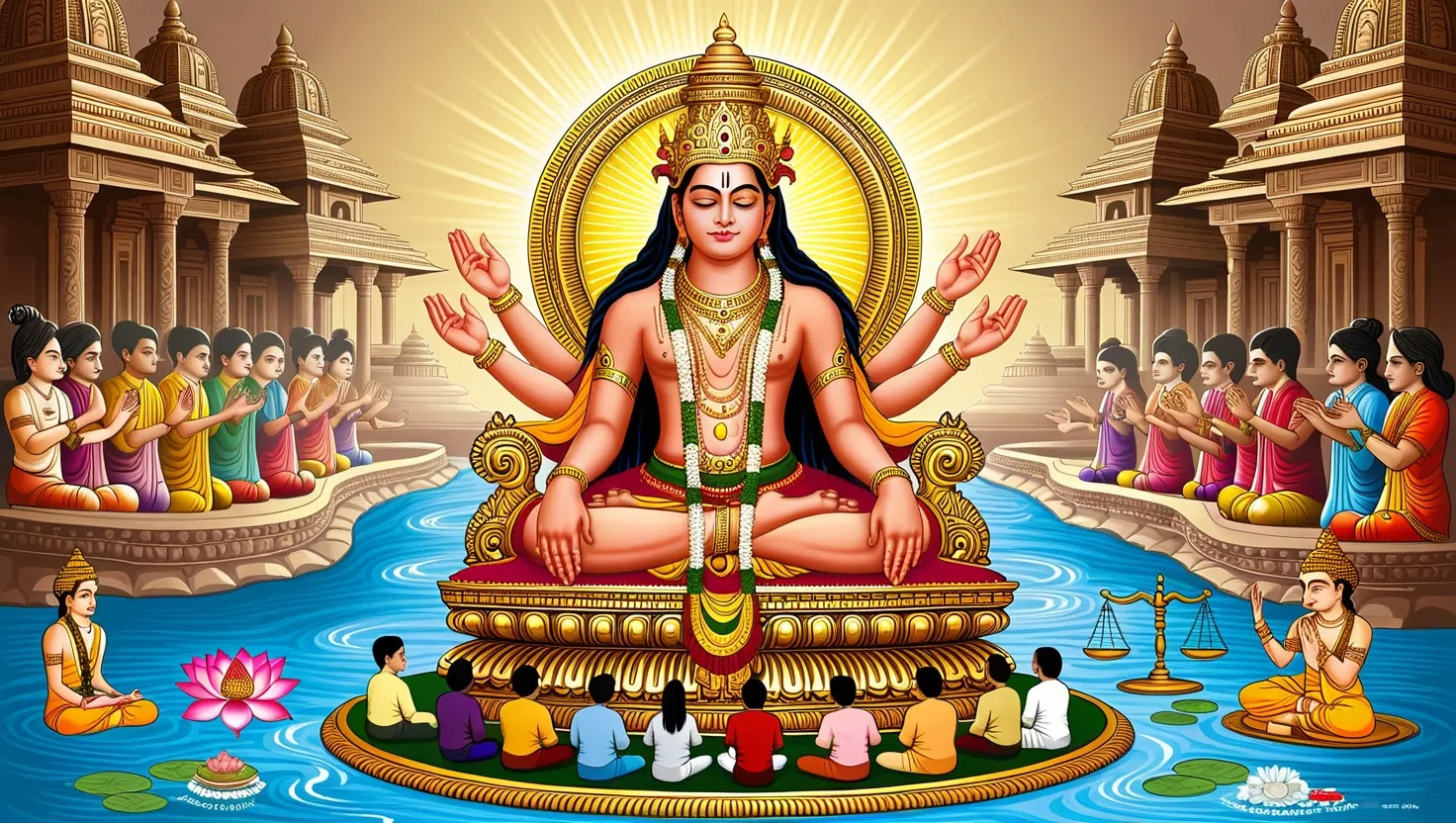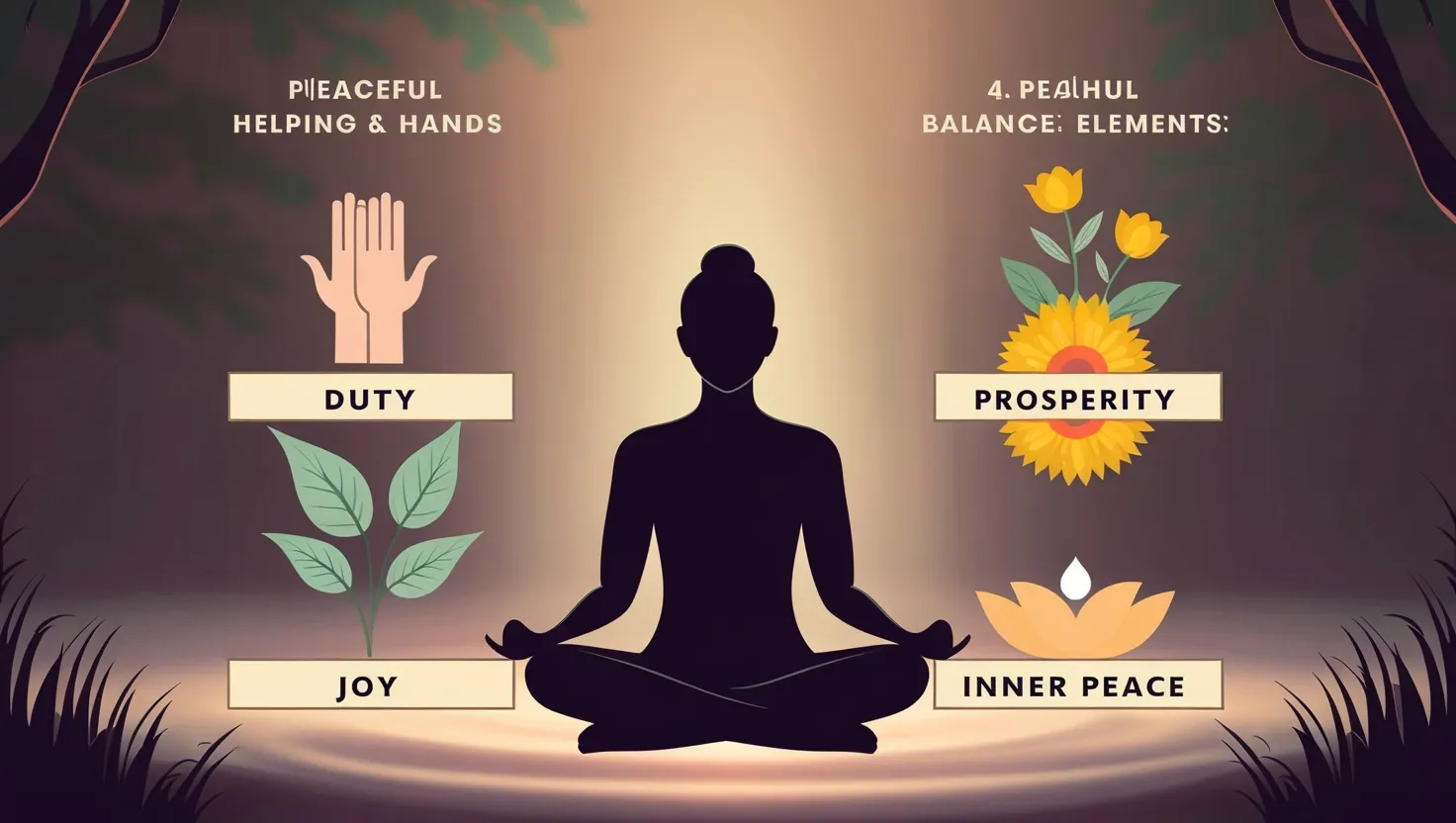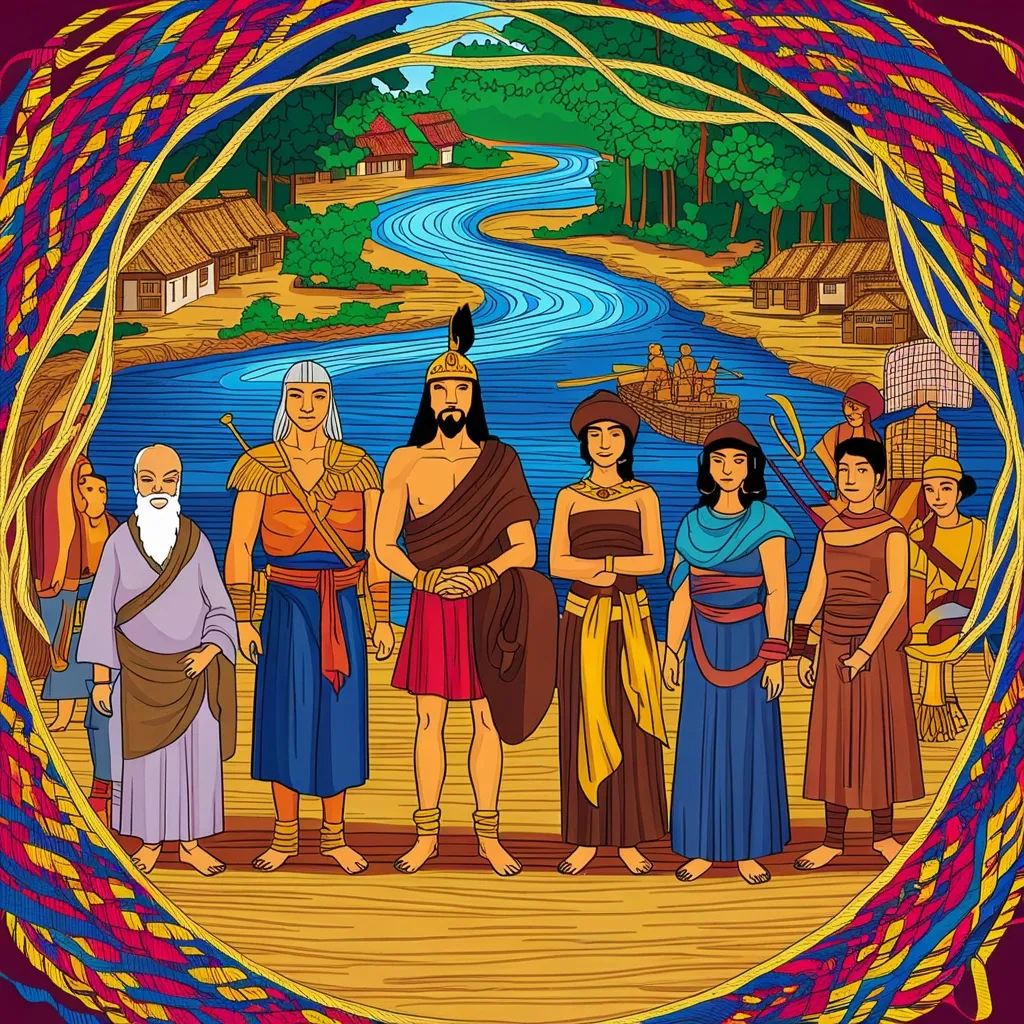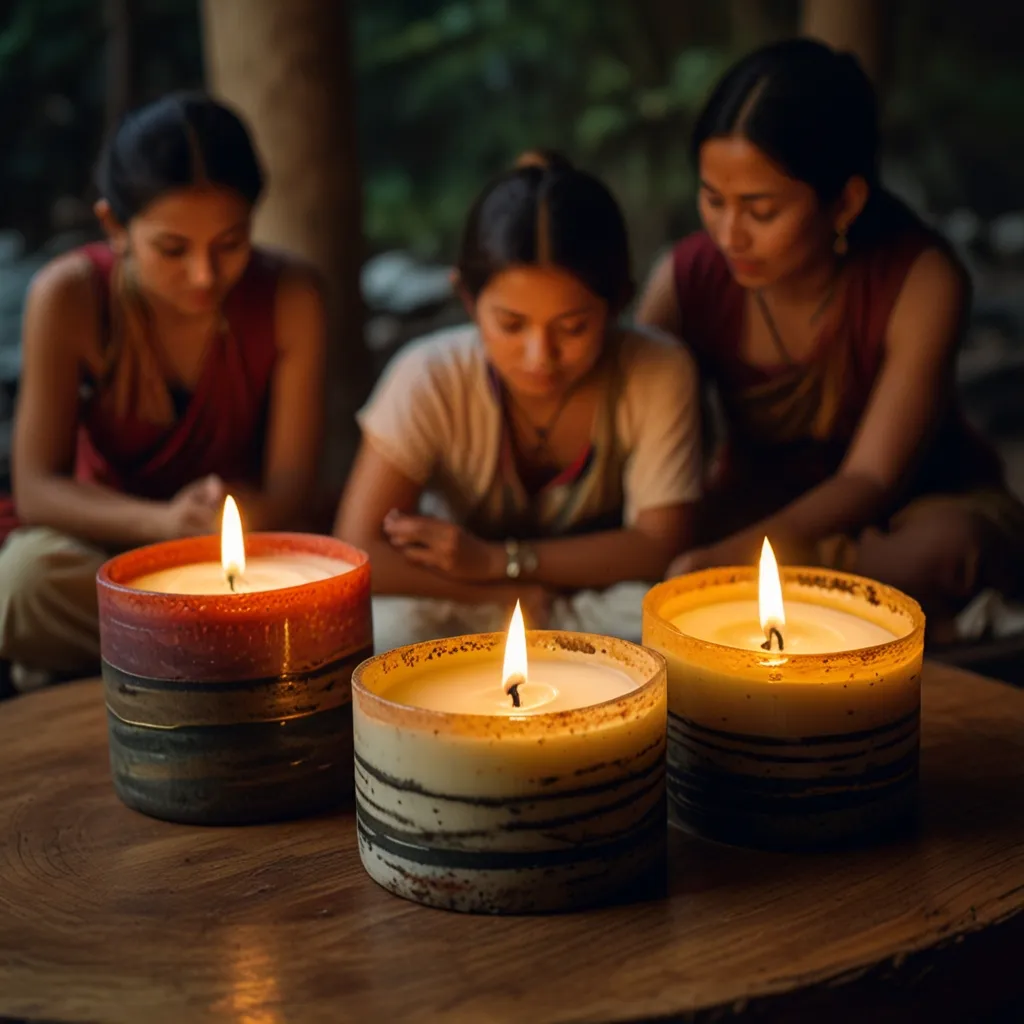Hinduism, one of the world’s oldest religions, has some pretty deep thoughts about the environment. It’s like the people who wrote those ancient texts totally got how everything is connected. They didn’t see nature as just a backdrop for human life but as sacred, woven into the very fabric of existence.
In Hindu belief, nature is literally divine. The concept of Brahman, or the ultimate reality, is everywhere, from the tiniest blade of grass to the vast oceans. This idea, found in the Upanishads, pretty much says, “Hey, everything around you is part of Brahman.” This belief naturally pushes for treating the environment with serious respect. Harming nature is like hurting yourself – it’s all connected.
Ahimsa, meaning non-violence, is one of Hinduism’s big principles. But it’s not just about people being nice to each other; it’s about not harming any living thing. Mahatma Gandhi took this idea to heart, living simply and trying to tread lightly on the Earth. His whole “simple living, high thinking” vibe fits right in with Hindu ideas of taking care of the planet.
The old scriptures have plenty of green wisdom too. The Atharva Veda, for example, includes prayers asking for the Earth’s balance to be kept in check. It’s like an early eco-manifesto, urging people to consider their impact on the environment. Then there’s dharma, or duty, which in Hinduism includes looking after nature.
The Chipko movement is a real-life example of these ideas in action. Villagers, led by Sunderlal Bahuguna, literally hugged trees to prevent them from being cut down. This peaceful protest showed that the belief in trees being sacred is more than just talk.
Hindu festivals also highlight this earth-loving mindset. Celebrations like Makar Sankranti and Pongal honor nature’s cycles and the Earth’s abundance. These festivals often include activities like planting trees, which is a perfect blend of celebration and conservation.
Karma, the idea that actions have future consequences, reinforces the need to be environmentally responsible. The thought is, if you treat nature well now, you’ll reap the rewards in future lives. It’s all about harmony with nature, making it a moral and ethical must-do.
In recent times, Hindu leaders are speaking out loudly for environmental causes. The 2009 Hindu Declaration on Climate Change is a big step, urging everyone to view environmental protection as a religious duty. This declaration gets support from Hindu groups and activists globally, showing a growing concern within the community.
Ultimately, Hinduism’s way of loving the Earth isn’t just about saving trees and animals. It’s also about finding peace – with nature, within society, and within oneself. The mantra “Om Shanti Shanti Shanti” (peace, peace, peace) captures this idea perfectly, blending social and environmental harmony.
So, in essence, Hinduism gives us a playbook for living sustainably and caring for the planet. Through principles like ahimsa, dharma, and karma, it offers a comprehensive guide to green living that’s been around for millennia.
